A Guide to Sharda Mandir, Jabalpur: History, Facts, and Devotion
The Sharda Mandir in Jabalpur, Madhya Pradesh, is a spiritual gem known for its ancient history and deep religious significance. Dedicated to Goddess Sharda, the temple is believed to be more than 550 years old, built during the reign of the Kalchuri dynasty’s Queen Rani Durgavati in 1550. Legend says that the Queen constructed the temple after receiving divine instructions from the goddess in a dream, prompting her to create a grand shrine at Madan Mahal Hill in Jabalpur.
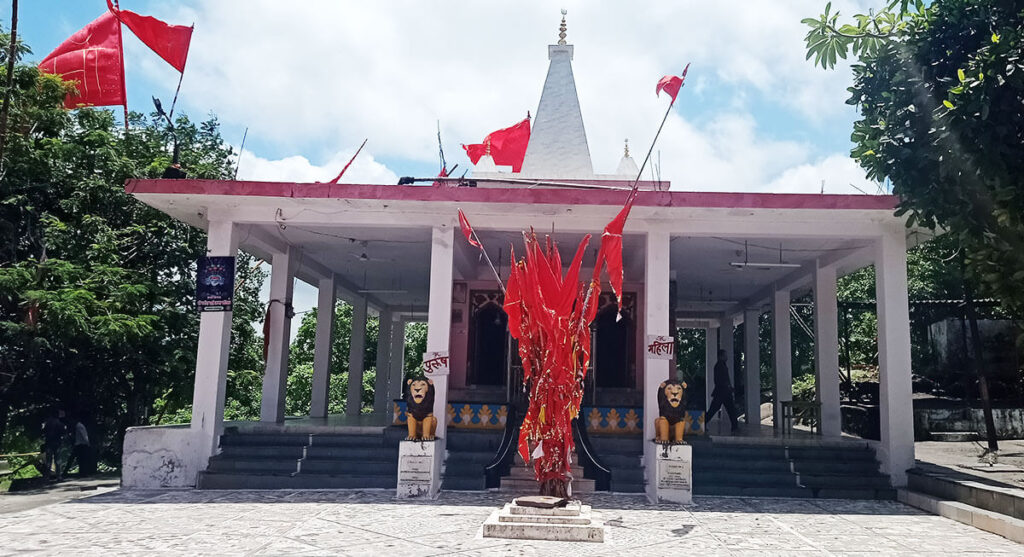

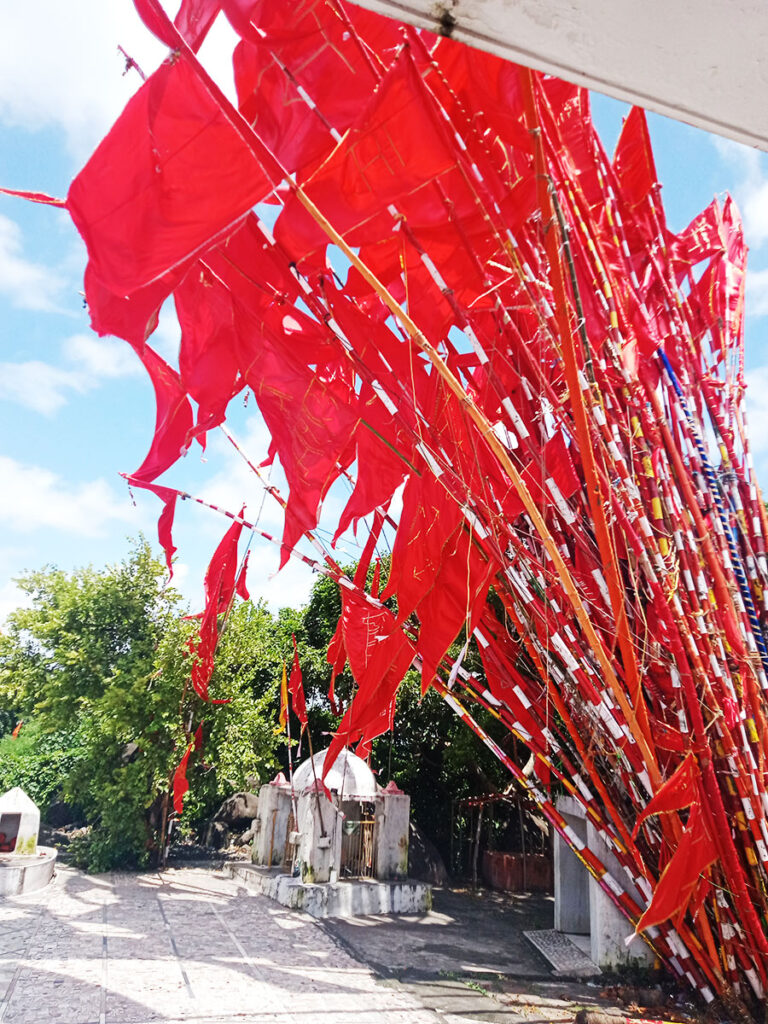
The Divine Presence of Maa Sharda
The temple features two idols of Maa Sharda—one located in the temple courtyard and another inside the main sanctum. Devotees visit to offer their prayers and seek blessings, believing that the goddess fulfills all their wishes. Sharda Mandir is a prominent spiritual hub, not only for Jabalpur but for pilgrims across India.
During the holy month of Sawan, the temple becomes a focal point of vibrant festivities, including a grand fair where vendors sell clothes, shoes, and various other items. For children, there are numerous swings and rides, making it a fun experience for visitors of all ages. Thousands of devotees gather, carrying large flags as they make their way to the temple to present their wishes before the goddess.
The Legendary Encounter with Aurangzeb
One of the most fascinating legends associated with the temple is about Mughal Emperor Aurangzeb. It is said that Aurangzeb came to loot the temple, but the divine powers of Maa Sharda thwarted his efforts. According to the story, when he witnessed milk flowing from the goddess’s idol, Aurangzeb was so terrified that he fled, never to return. This miracle further strengthened the faith of the local devotees in the temple’s spiritual power.
The Significance of Flags in Sharda Mandir
A unique tradition at Sharda Mandir is the offering of flags. Historical accounts mention that during Queen Durgavati’s rule, there was a severe drought. The Queen, in her devotion to Maa Sharda, offered a grand flag at the temple and prayed for rain. Shortly after, the region experienced heavy rainfall, bringing joy to the people. Since then, the practice of offering flags to seek blessings and prosperity has continued, especially during Sawan, when devotees from all over bring thousands of flags as a sign of their faith and devotion.
Festivals and Celebrations
The atmosphere during Navratri and Sawan is especially enchanting, as the temple hosts special poojas and cultural programs. Devotees from across the country arrive to participate in the rituals, seeking blessings for their families, health, and careers. The temple becomes a hub of activity with the surrounding areas bustling with vibrant markets, food stalls, and devotional music.
Plan Your Visit
- Timings: The temple is open for darshan from 6:00 AM to 8:00 PM every day.
- Location: Situated on the picturesque Madan Mahal Hill, the temple is easily accessible from the city center of Jabalpur.
- Best Time to Visit: The months of Sawan (July-August) and Navratri (September-October) are the ideal times to visit, as these festivals bring out the temple’s vibrant energy.
Interesting Facts
- The temple is 550 years old, built by Rani Durgavati in 1550.
- It is believed that Aurangzeb attempted to loot the temple but fled after witnessing a miracle.
- The temple has a tradition of offering flags during Sawan, symbolizing prosperity and devotion.
Sharda Mandir is a must-visit destination for anyone exploring Jabalpur. Its rich history, combined with the spiritual aura of the place, offers visitors a unique blend of culture and devotion. Whether you’re there for religious reasons or to admire the temple’s ancient beauty, Sharda Mandir promises an experience that will leave you spiritually enriched.

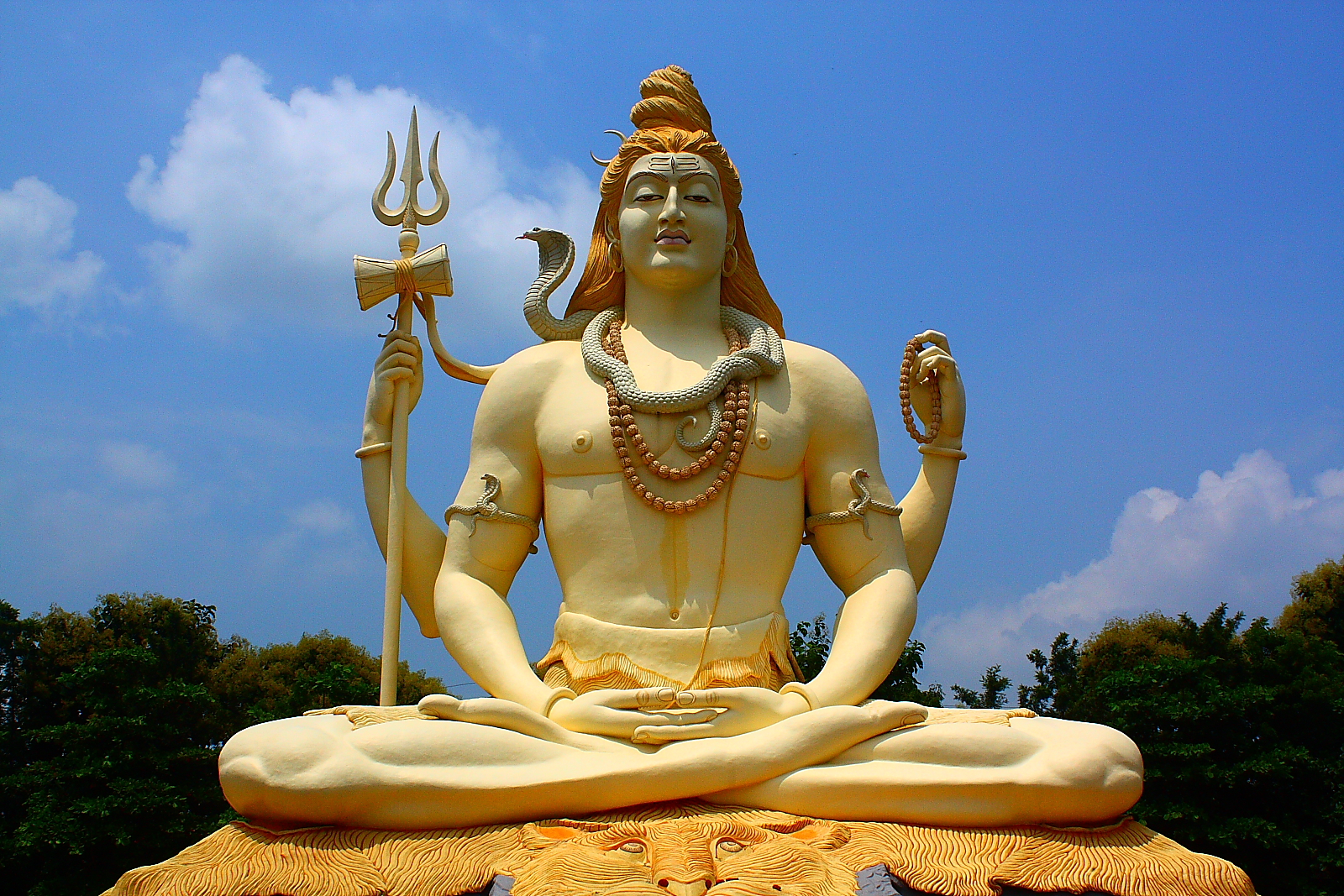
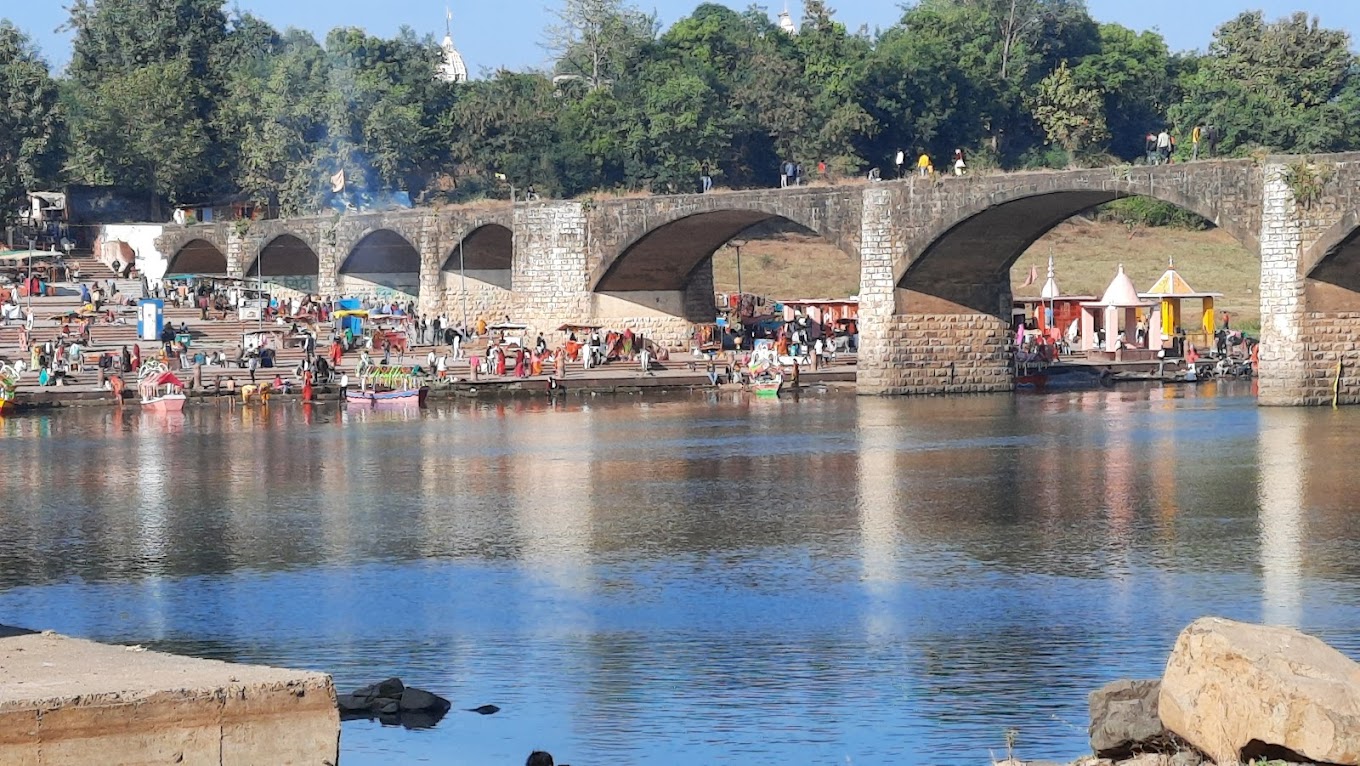
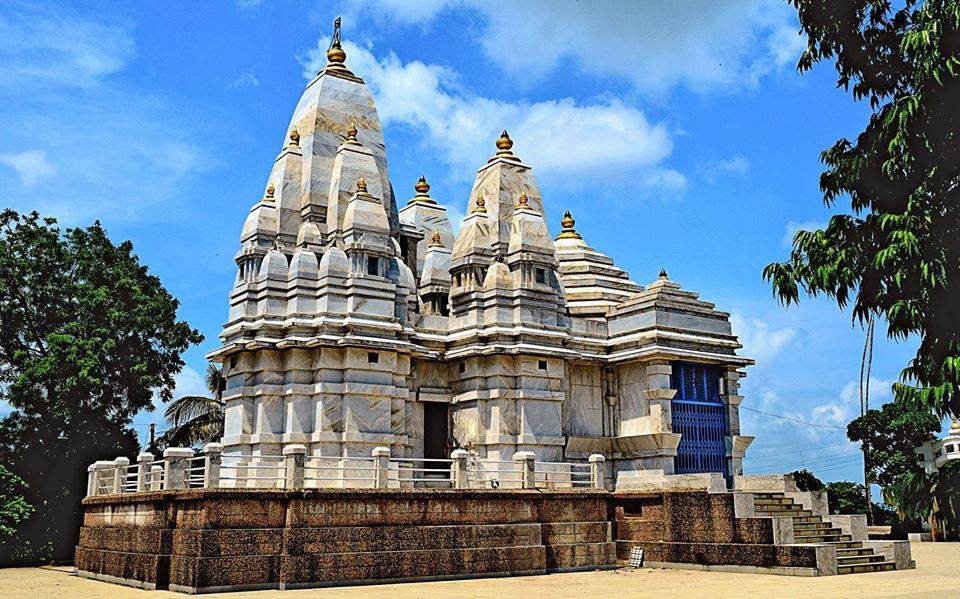
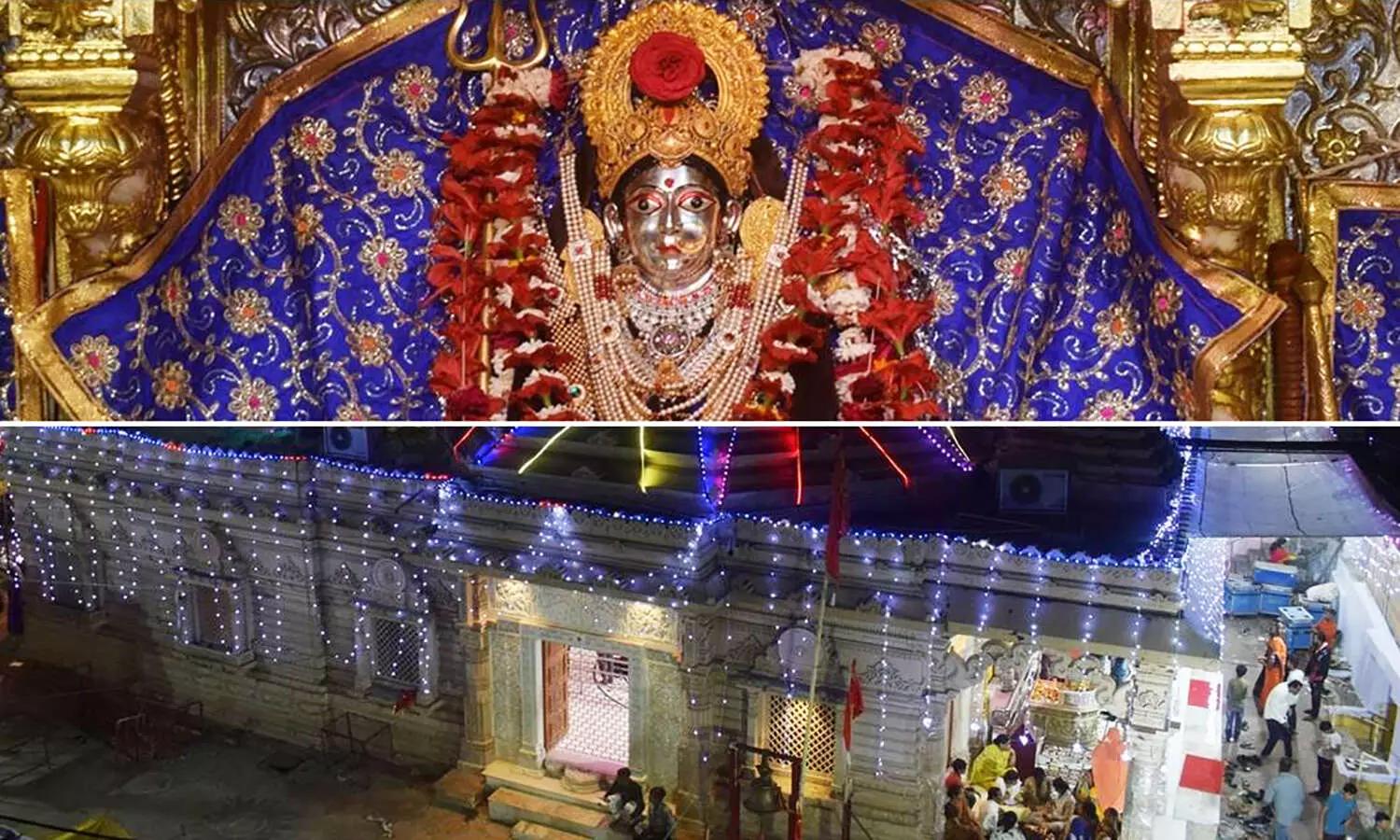
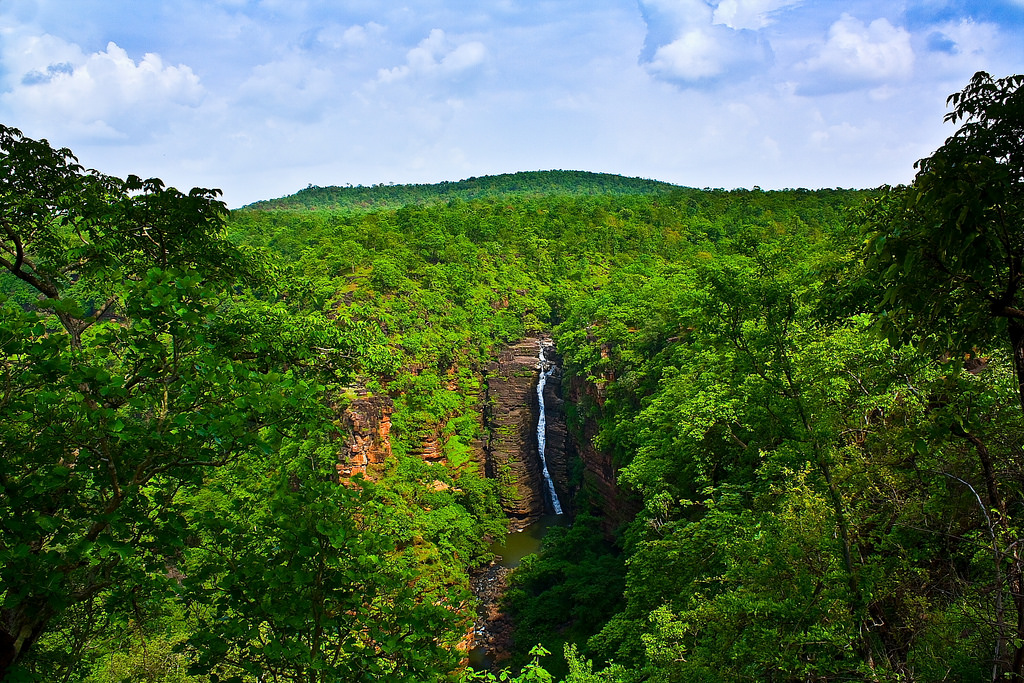
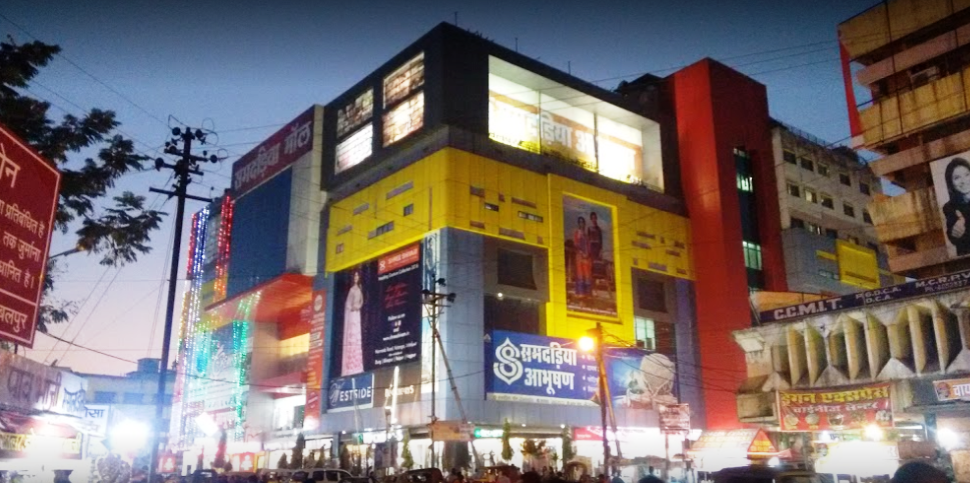
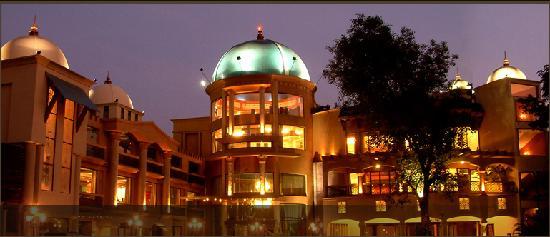

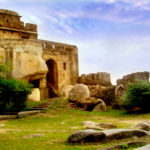

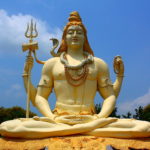




A Divine Experience at Sharda Mandir
Visiting Sharda Mandir in Jabalpur was a spiritually uplifting experience. The temple's rich 550-year-old history, dating back to Queen Durgavati's reign, adds to its sacred charm. The two idols of Maa Sharda, one in the courtyard and the other inside the temple, exude a powerful aura. I visited during the Sawan fair, which was lively with stalls and rides. The temple has an intriguing legend about how Emperor Aurangzeb retreated in fear due to divine intervention. It's truly a must-visit for anyone seeking blessings and peace!